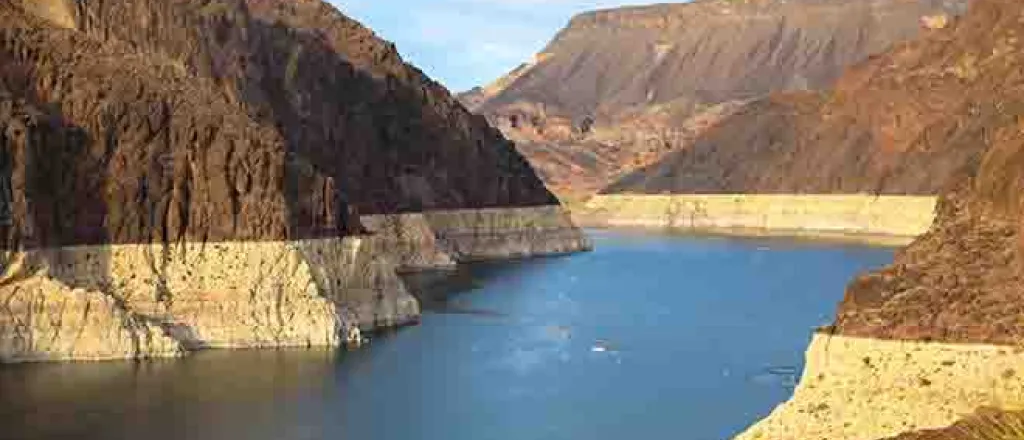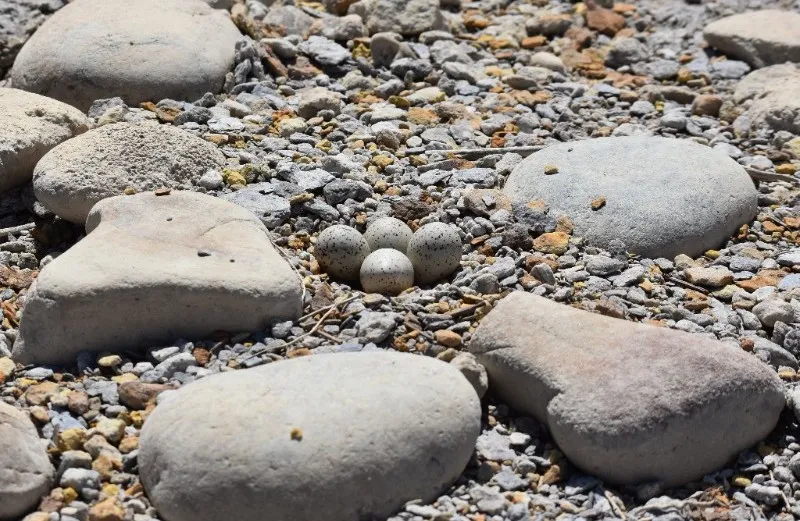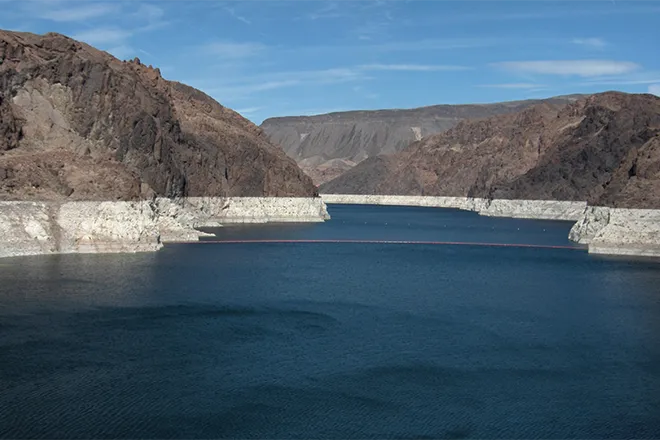
Voters across the West worried about water, climate change
(Arizona News Connection) Voters across the West are increasingly concerned about the effects of climate change on the natural beauty of the Rocky Mountains. That's the main message from the 12th annual Conservation in the West Poll by Colorado College.
The poll found voters in the eight Western states along the Continental Divide are troubled over issues like drought, inadequate water supplies, wildfires, and the loss of wildlife habitats and natural spaces.
Pollster and Principal at the firm New Bridge Strategy, Lori Weigel, said most of the 3,400 people polled said they fear for the future of the land.
"Climate change was the number one reason that people were telling us that they were feeling pessimistic," said Weigel. "I have no doubt a majority in every single state was telling us that they are feeling more worried than more hopeful when they think about the future of nature."
In Arizona, almost 70 percent of respondents shared that concern. And 84 percent of Arizonans said politicians' position on the environment is either "important or very important" in whether they support a candidate for office.
Pollster and Principal & President at the firm Fairbank, Maslin, Maullin, Metz & Associates - Dave Metz - said public officials pay a great deal of attention to the annual poll in making decisions on conservation issues.
He said the survey gives lawmakers a clearer view of how most people feel, as opposed to a small group that may be passionate on a particular issue.
"That small, vocal group can sometimes have an outsized presence in an elected official's mind," said Metz. "And the poll can sometimes say, 'No, that's not the case - that in fact, there is a different opinion that may not be as vocally shared but is broadly held.'"
Metz said water is a major concern, with drought and reduced snowpack eliciting the strongest levels of anxiety. Other issues included more frequent and severe wildfires, air quality, extreme heat, and extreme weather.
Pollsters say they made an extra effort this year to include Native Americans and people of color, over-sampling several groups to gauge their concerns.
Shanna Edberg, director of conservation programs for the Hispanic Access Foundation, said marginalized communities are often the most affected by the climate.
"Latinos have this clear vision of the way forward in protecting the environment," said Edberg, "because it is Latino health, homes and jobs that are largely at stake. When Latino children are twice as likely as white children to die of asthma, reducing air pollution is a matter of life and death for our communities."
The full Conservation in the West Poll results are online at 'ColoradoCollege.edu.'

















